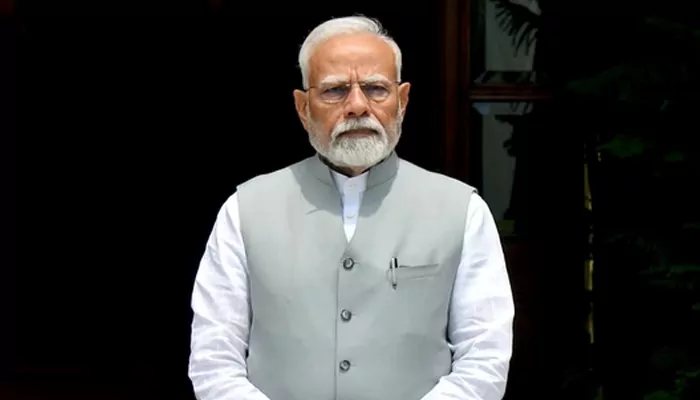Exploring Filmmakers' Literary Inspirations: Auteurs' Anthology of Must-Read Novels
- Admin
- 6 months ago
- 4 minutes read

Filmmakers are often inspired by a myriad of sources, from personal experiences to visual arts. However, one of the most influential and enduring sources of inspiration for many filmmakers is literature. Novels have provided a rich tapestry of ideas, themes, and characters that have been translated onto the silver screen with remarkable creativity and depth. Keep reading to get inside the world of filmmakers' literary inspirations, exploring a curated anthology of must-read novels that have captivated auteurs and influenced cinematic masterpieces.
"The Great Gatsby" by F. Scott Fitzgerald
Fitzgerald's iconic novel, set in the Roaring Twenties, has been a perennial favourite among filmmakers. Its exploration of wealth, love, and the American Dream has inspired multiple adaptations, including Baz Luhrmann's visually stunning rendition starring Leonardo DiCaprio. The novel's themes of illusion versus reality and the allure of excess continue to resonate with filmmakers seeking to portray the complexities of human desires on screen.
"One Hundred Years of Solitude" by Gabriel García Márquez
García Márquez's masterpiece of magical realism has influenced filmmakers seeking to blend fantasy with reality in their storytelling. The novel's multigenerational saga of the Buendía family in Macondo has sparked imaginations and inspired visually stunning adaptations that capture the surreal and enchanting elements of the narrative. Filmmakers drawn to themes of time, memory, and the cyclical nature of history find rich material in this literary gem.
"The Catcher in the Rye" by J.D. Salinger
Salinger's coming-of-age novel has resonated with filmmakers exploring themes of alienation, adolescence, and societal expectations. The rebellious spirit of Holden Caulfield and his quest for authenticity in a world he perceives as phony have provided a lens through which filmmakers examine the complexities of youth and identity. The novel's impact on cinema is evident in films that capture the angst and searching spirit of adolescence.
"To Kill a Mockingbird" by Harper Lee
Harper Lee's Pulitzer Prize-winning novel has left an indelible mark on both literature and cinema. Its poignant portrayal of racial injustice and moral integrity has inspired filmmakers to create powerful narratives addressing social issues. The film adaptation directed by Robert Mulligan remains a classic, capturing the essence of Lee's storytelling and bringing to life the unforgettable characters of Atticus Finch and Scout Finch.

"Atonement" by Ian McEwan
McEwan's novel of love, betrayal, and redemption has inspired filmmakers to explore the intricacies of human relationships and the consequences of actions. The narrative's shifting perspectives and exploration of memory and guilt offer filmmakers a canvas to craft compelling stories that blur the lines between truth and fiction. Joe Wright's adaptation skilfully captures the emotional depth and narrative complexity of McEwan's work.
"The Road" by Cormac McCarthy
McCarthy's stark and haunting novel of a father and son's journey through a post-apocalyptic landscape has attracted filmmakers drawn to themes of survival, resilience, and the human condition. The novel's exploration of hope amidst desolation has inspired cinematic interpretations that evoke raw emotions and existential questions. Filmmakers embracing the challenge of portraying the harsh realities of a dystopian world find inspiration in McCarthy's gripping narrative.
"Beloved" by Toni Morrison
Morrison's Pulitzer Prize-winning novel, centred on themes of slavery, trauma, and memory, has left an indelible impact on filmmakers exploring historical narratives and the legacy of slavery in America. The novel's haunting portrayal of Sethe's struggle for freedom and identity has inspired cinematic adaptations that confront the complexities of history and the enduring scars of the past. Filmmakers seek to honour Morrison's literary prowess while shedding light on untold stories of resilience and survival.
The relationship between literature and cinema is a symbiotic one, with filmmakers drawing inspiration from the rich tapestry of novels to create cinematic masterpieces that resonate with audiences worldwide. The curated anthology of must-read novels mentioned above represents a glimpse into the diverse and profound influence of literature on the art of filmmaking, highlighting the enduring power of storytelling across different mediums.












